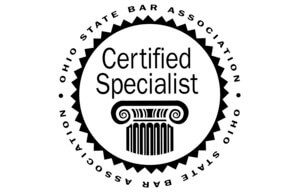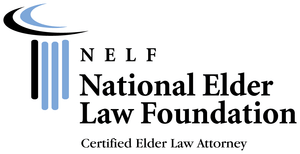The Ohio Legacy Trust
/The State of Ohio has recently stepped into the forefront of states allowing individuals to create their own trust, be the beneficiary of their trust, and protect their assets from nearly all general future creditors. In the past, one had to create expensive and sometimes risky offshore trusts to accomplish this purpose, or more recently create trusts in a few other states, but like the Alaska version, be required to hold assets in that state.
Read More




